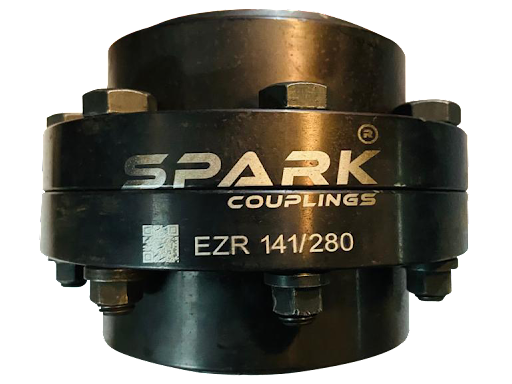Introduction:
A Chain Sprockets
Manufacturer is responsible for producing various types of sprockets, which are
essential components in many mechanical systems. Sprockets are wheels with
teeth that interlock with a chain to transfer rotational motion and power.
These components are critical for industries where precise motion and torque
transmission are required.
Here’s some
detailed information about chain sprocket manufacturers and their operations:
1. Types of Sprockets:
Manufacturers
produce a wide range of sprockets, each designed to meet specific needs:
- Standard Sprockets: Common in general applications like bicycles, conveyors, and simple
machinery.
- Heavy Duty Sprockets: Built to withstand high loads and are used in industrial
applications such as mining, construction, and material handling.
- Custom Sprockets: Designed for unique applications, ensuring the sprocket meets
specific size, tooth count, and material requirements.
- Double and Triple Strand Sprockets: For systems that require more power transmission, such as in
high-load machinery or heavy-duty vehicles.
- Silent or Low-Noise Sprockets: Used in environments where noise reduction is important, like in
food processing or medical equipment.
2. Materials Used:
The choice of
material is critical in determining the durability and performance of
sprockets. Common materials include:
- Carbon Steel: Cost-effective and commonly used for standard applications.
- Alloy Steel: Offers greater
strength and resistance to wear, often used for heavy-duty applications.
- Stainless Steel: Corrosion-resistant, used in industries like food processing,
pharmaceuticals, and marine applications.
- Plastic/Polymer Sprockets: Used in lightweight or quieter operations where wear resistance and
low friction are important.
3. Manufacturing Processes:
Chain sprockets are
produced through various processes depending on the material and design
requirements:
- Casting: For creating
complex shapes in bulk production.
- Forging: Provides
superior strength for high-stress applications.
- CNC Machining: For high precision and custom sprockets where accuracy is
essential.
- Heat Treatment: To enhance hardness and wear resistance.
- Surface Finishing: Methods like coating or plating (e.g., zinc or nickel plating) to improve
durability and corrosion resistance.
4. Applications:
Chain sprockets are
used in many different industries, such as:
- Automotive Industry: For transmissions in vehicles like cars, motorcycles, and trucks.
- Agricultural Equipment: In systems like combine harvesters, tractors, and other machinery.
- Conveyor Systems: Used in warehouses, factories, and assembly lines to move products.
- Industrial Machinery: Found in equipment like cranes, mills, and lathes.
- Aerospace: For motion
control in aviation systems.
- Food Processing: In applications where hygiene and precision are essential.
5. Customization and Design Services:
Many manufacturers
offer design and engineering services to create sprockets tailored to specific
customer needs:
- Tooth Design: The shape, number, and spacing of the teeth affect performance and
wear resistance.
- Pitch and Diameter: Customized to match specific chain types and machine
configurations.
- Sprocket Size and Shape: Custom sprockets can be designed for tight spaces or to accommodate
unique mounting configurations.
Conclusion:
A Chain Sprockets Manufacturer plays an integral role in the machinery and equipment industries. The Chain sprockets they produce enable power transmission systems to function smoothly and efficiently, whether in everyday consumer products or high-tech industrial machinery. Choosing the right sprocket for a specific application involves selecting the appropriate materials, design, and manufacturing process to meet performance, durability, and cost requirements.



